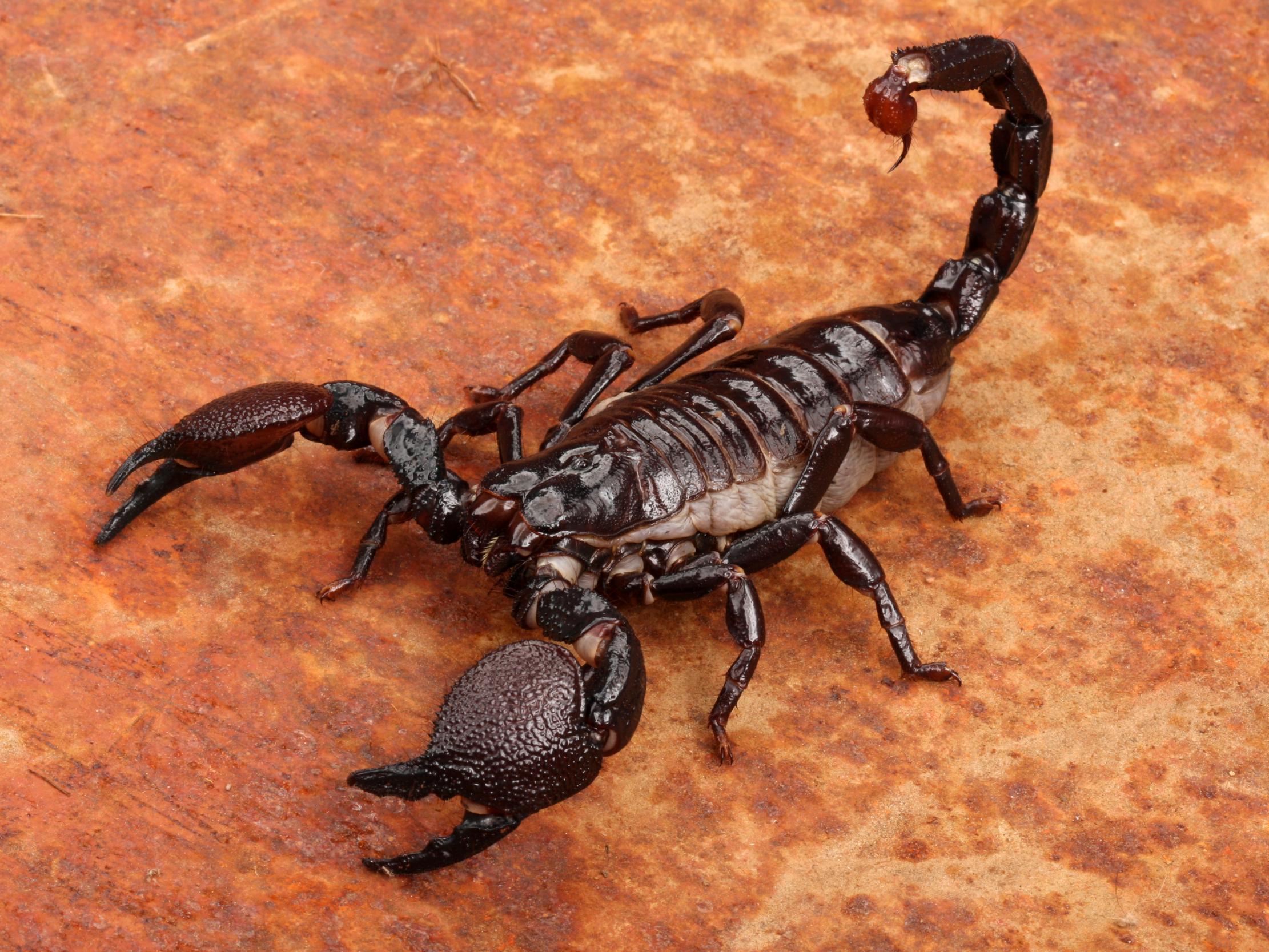Man caught smuggling 200 live scorpions out of Sri Lanka
Venomous arachnids found packed in plastic boxes

Your support helps us to tell the story
From reproductive rights to climate change to Big Tech, The Independent is on the ground when the story is developing. Whether it's investigating the financials of Elon Musk's pro-Trump PAC or producing our latest documentary, 'The A Word', which shines a light on the American women fighting for reproductive rights, we know how important it is to parse out the facts from the messaging.
At such a critical moment in US history, we need reporters on the ground. Your donation allows us to keep sending journalists to speak to both sides of the story.
The Independent is trusted by Americans across the entire political spectrum. And unlike many other quality news outlets, we choose not to lock Americans out of our reporting and analysis with paywalls. We believe quality journalism should be available to everyone, paid for by those who can afford it.
Your support makes all the difference.A man was caught attempting to smuggle around 200 live scorpions out of Sri Lanka.
The Chinese national had packed the venomous arachnids into plastic boxes, but was stopped by customs officials at Bandaranaike International Airport near the capital of Colombo before he boarded his Sri Lankan Airlines flight to Guangzhou.
Authorities suggested the man may have been planning to extract the scorpions’ venom to sell in China.
He was fined 100,000 Sri Lankan rupees (£423) and allowed to continue his journey – minus the scorpions.
Pictures shared by the Colombo Gazette show the arachnids in separate compartments within several different boxes, packed in with tissue.
Sri Lanka is home to 18 species of venomous scorpions, one of which is fatal to humans.
While it is illegal to export live scorpions overseas without a permit, according to Sri Lanka’s Fauna and Flora Protection Ordinance, wildlife trafficking has become a “lucrative trade”, a spokesperson for Sri Lanka’s customs department Sunil Jayaratne told Geo TV.
“We detained the passenger and launched an investigation,” they said. “We have not placed a value on the 200 scorpions, but trafficking in live wildlife has become a lucrative trade.”
At the last Convention on International Trade in Endangered Species of Wild Fauna and Flora (CITES) conference, held in March 2019, Sri Lanka submitted the most proposals out of any single country for extra wildlife protections.
The proposals concerned the preservation of Sri Lanka’s reptiles, fish and arachnids.
Although the export of all reptiles has been prohibited since 1993, the number of documented sales, auctions and online adverts for these species has increased in recent years. They’re mainly sold in Europe as pets.
Join our commenting forum
Join thought-provoking conversations, follow other Independent readers and see their replies
Comments